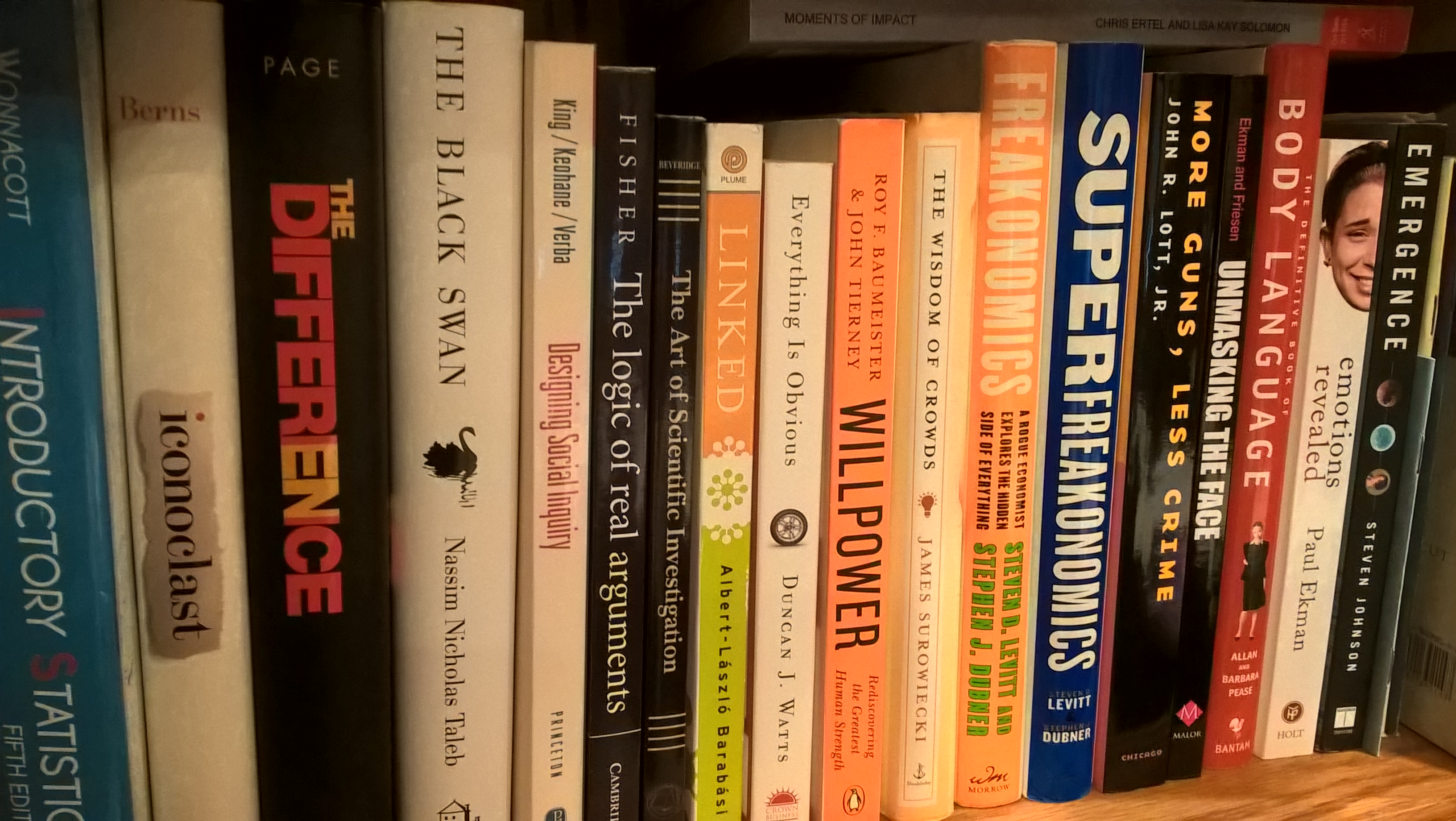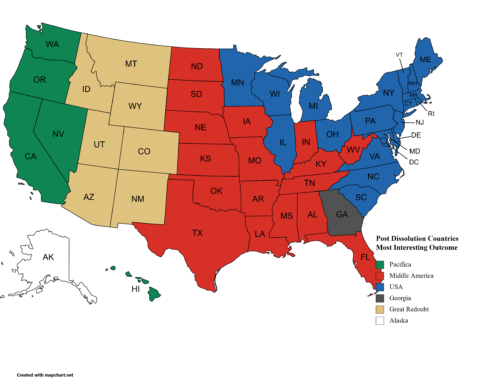“I was looking at how I can incorporate a more professional weekly review to take into consideration how the previous went, areas of weakness, and what I can do to help prepare for the following week. That way I have something that I can specifically look at throughout the months to see what areas I know I am weak and how I can continue to strengthen those weaknesses. As of right now, I am doing this on Friday of each week. I am asking myself questions like:
- What is one of my most significant accomplishments from last week?
- What is one thing I learned this past week that I will be able to apply going forward?
- Did you take on any additional responsibilities?
- What do you wish you had done this week?
- What did you put off for next week?
- What is one thing you should do next week that would make this week successful?
- What is one thing I can do right now to make this coming week less stressful?
- Is there anyone that deserves a big ‘thank you’?
- How can I help someone else this coming week?”
Wow that is impressive! There is nothing there to fault and when it comes to advice and mentoring. I had to be careful to encourage him and build on what he had as a great foundation. Here were my two recommendations to him and to any young professionals looking to better themselves.
First, formalize your weekly examination. My friend wrote that he was asking himself questions “like” the ones up above. My first recommendation is that he start with the list he offered me and formalize his reflection on those very topics. I’d do this for 3 months every week (Friday is a good day; perhaps Saturday might even be better). At the end of those three months, take stock of what you’ve learned about yourself and whether those questions are sufficient for your weekly reflection. If you feel like you might want to add, delete or change a question, then do so at that time, but deliberately. Follow that routine for a time and only deliberately change it.
Second, take time every day during your work day to read something that is not necessarily related to your task at hand. This reading is not the end in and of itself. The reason is that you want to build your ability to see and find linkages between topics and issues that you didn’t know of or wouldn’t have thought are related. Finding linkages makes you rising star in any organization and on any issue that is meaningful in life. Few people have the ability because few people actively work at building that capacity.
Once you start seeing links between issues, you’ll quickly realize that you see them everywhere. This will have some positive and negative implications. On the negative side, some colleagues and even family members might be frustrated because you will 1. see things they don’t, 2. always bring in potential solutions to issues that they don’t know exist, and 3. bring into focus issues that many see as external to the issue at hand that they think don’t matter but are really at the core of the problems at hand. On the positive side, you will be the person others naturally, and without even realizing they’re doing it, turn to for help when they have a problem whose linkages they can’t see.
To build up this ability to see linkages, read every day something that is outside your specific lane. Every time you come across some interesting article or book, see if you can find a link between the topic in the article and an issue you’re working on. That means reading widely and deliberately, and not by random happenstance. I’m not talking about news, per se, but magazines and journals that are have broad topics.
If you need a starting point, perhaps these links can give you ideas and you can build from there:
https://aeon.co/
https://www.theatlantic.com/
http://nautil.us/
https://www.artofmanliness.com/
https://99percentinvisible.org/
http://freakonomics.com/
The Ezra Klein Show, Cautionary Tales by Tim Hartford, The Last Archive by Jill Lapore
You also might want to ask a mentor for a reading list (here is mine). Everyone’s reading list ought to be different, aligned with their personalities and interests. Over time you ought to build your own reading list. If someone tells you that your list is wrong for not having certain books on it, tell them to get away and worry about their own. And I’d recommend making your list books you’ve read, not one’s you aspire to read.
11 years ago, when I was assigned to the Pentagon as a Colonel on the Air Staff, a senior leader walked past my desk and saw me reading a book (The Difference, by Scott Page). He snidely says, “Nice to see you’ve got time to read on the job, Rubes”. I said, “Stop, Sir!” Then explained how what I was reading related to the specific task he has assigned me a couple weeks before. He quietly listened, then apologized and told me to keep it up. He and others around me didn’t see the linkages I saw that day. And I was trying to find new solutions to a really important problem and they got it once I showed them.
So here’s a present day example. If you’re working in social media software today, you might think about the sociology of how people use social media today as opposed to when your source code was written and advocate for changes that will keep you relevant to the market for the foreseeable future. But you can’t know what that sociology is if all you do is work on your code or only work on selling your product without knowing the broader social movements in society around you.
THAT is why you ought to read outside of work while at work and make those connections.
Keep thinking…






Great read Rubes! Thanks!